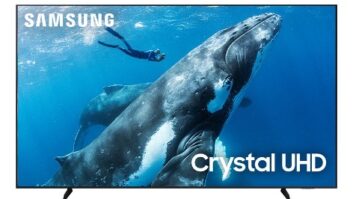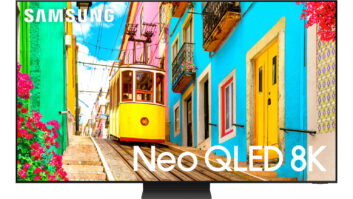Seoul, South Korea — Samsung Electronics withdrew its proposal to buy SanDisk just two days after SanDisk announced a third-quarter $250 million operating loss, a 21 percent revenue to $821 million, and plans to significantly reduce its capital expenditures and operating expenses.
San Disk previously rebuffed Samsung’s unsolicited $26/share offer for all of its stock.
Samsung is the world’s leading maker of flash memory chips, and SanDisk is the top supplier in the U.S. market of memory cards that use flash memory chips. SanDisk gets most of its memory chips from its joint venture with Toshiba.
In a letter to SanDisk’s board, Samsung said that it changed its mind because of SanDisk’s financial performance in the quarter ending Sept. 28, saying the risk to its own shareholders has grown since the company first made an offer six months ago. Samsung contended that it had to “squarely face the growing uncertainties in your business, which may continue to deteriorate in this difficult economic environment and further impact your standalone value.” SanDisk’s “recently announced third quarter results serve only to illustrate this risk,” the letter continued. “Your surprise announcements of a quarter-billion-dollar operating loss, a hurried renegotiation of your relationship with Toshiba, and major job losses across your organization all point to a considerable increase in your risk profile and a material deterioration in value, both on a stand-alone basis as well as to Samsung. As a result of these developments, we are no longer interested in acquiring SanDisk at $26/share.”
In the letter, Samsung vice chairman/CEO Yoon Woo Lee said he still believes “that a combination of our two companies would have created a superior global brand, an unparalleled technology platform, and the scale and resources to drive convergence in the marketplace. Had we been able to execute on our proposal, your shareholders would have received full, fair and certain value for their shares and your employees and other stakeholders would have benefited from a broader platform and a wider range of opportunities.”
In response to Samsung’s withdrawal, SanDisk reiterated that it harbored “questions about the real motivations behind Samsung’s offer.” The company said it “has a strong brand, strategic partners, dedicated team, broad channels, fundamental next-generation IP, and a highly competitive cost structure” and that it would “continue to take appropriate steps to weather the current macroeconomic environment and ensure SanDisk’s long-term success.”
In a previous letter to Samsung, SanDisk called the buyout proposal “an opportunistic attempt to take advantage of SanDisk’s current stock price, which is significantly depressed given industry cyclicality, the uncertainty resulting from the unresolved patent cross-license agreement renewal [expiring in 2009] with Samsung, and general equity market conditions.” The proposal, the letter noted, could be a “calculated negotiating ploy or an attempt to gain leverage in the ongoing licensing negotiations between the companies [over SanDisk flash-memory technology].”
For its part, Samsung said a merger would be in SanDisk’s interests because SanDisk faced severe challenges in remaining competitive as a stand-alone company. Because “markets have become more turbulent and global economic trends are negative,” Samsung claimed in an earlier letter to SanDisk that SanDisk likely won’t have the resources it needs to remain competitive. “Separately investing in necessary state of the art facilities will be a significant tax on your business in the near term,” Samsung claimed. “In addition, reliance on IP and enforcing it is a costly and uncertain business for both our companies. Faced with these challenges, now is the time to merge.”













